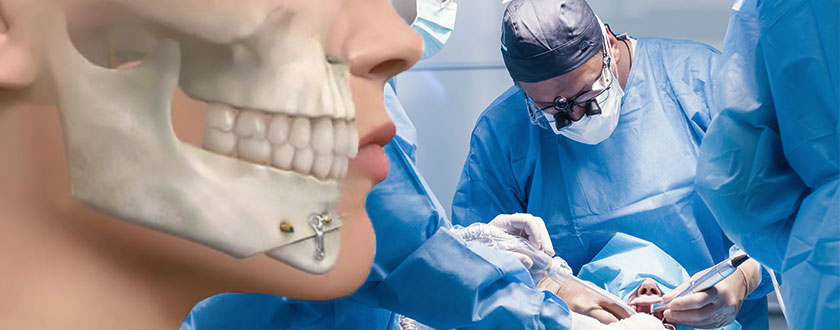Dental & Facio Maxillo Surgery
- General Medicine & Internal Medicine
- General Surgery
- Critical Care & Emergency Medicine
- Orthopedics & Arthroscopic Surgery
- Joint Replacement surgery
- Obstetrics & Gynecology
- Pediatric Medicine & Pediatric Critical Care
- Pediatric Surgery
- Cardiology
- Endocrinology & Diabetology
- Nephrology
- Urology & Genitourinary Surgery
- Medical Gastroenterology
- Surgical Gastroenterology
- Neurology
- Neuro & Spine Surgery
- ENT
- Laparoscopic General Surgery
- Poly Trauma
- Opthamology
- Medical Oncology
- Surgical Oncology
- Plastic & Corrective Surgery
- Hepatology
- Dermatology
- Rheumatology
- Vascular Surgery
- Dental & Facio Maxillo Surgery
- Psychiatry & Family counseling
- Radiology
- Homeopathy
- Advanced Physiotherapy

DENTAL AND MAXILLO FACIAL SURGERY
Maxillofacial surgeons, sometimes called oral and maxillofacial surgeons, are trained to handle a wide variety of conditions and injuries that affect the head, neck, mouth, jaw, and face.
These surgeons are also trained in anaesthesia and pain control, with a focus on anaesthesia that allows you to walk out of the office at the end of your appointment.
In general, maxillofacial surgeons perform surgeries to correct problems or make cosmetic changes.
Often seen as the bridge between medicine and dentistry, oral and maxillofacial surgery is the surgical speciality concerned with the diagnosis and treatment of diseases affecting the mouth, jaws, face and neck
The scope of the speciality is extensive and includes the diagnosis and management of facial injuries, head and neck cancers, salivary gland diseases, facial disproportion, facial pain, impacted teeth, cysts and tumours of the jaws as well as numerous problems affecting the oral mucosa such as mouth ulcers and infections
A range of oral and maxillofacial surgical operations are carried out on an outpatient basis under local anaesthesia or conscious sedation. These include pre-implant surgery placement of dental/facial implants, removal of impacted teeth, intra-oral and facial soft tissue procedures.
More major operations, for example, those for salivary gland disease, trauma, facial deformity or cancer, are carried out on an inpatient basis under general anaesthetic.
- Facial injuries, management of complex craniofacial fractures and soft tissue injuries of the mouth, face, and neck.
- Reconstructive surgery, including microvascular free tissue transfer.
- Orthographic surgery for the correction of facial disproportion
- Pre-implant surgery, including the use of implants to retain facial or dental prostheses and associated bone grafting techniques as part of the oro-facial reconstruction.
- Removal of impacted teeth and complex buried dental roots.
- Removal of cysts and tumours of the jaws
- Primary and secondary surgery for cleft lip and palate, and other congenital facial deformities.
- Management of benign and malignant lesions of the salivary glands.
- Removal of complex facial skin tumours and reconstruction
- Cosmetic surgery including facelifts, eyelid and brow surgery and rhinoplasties.
- Temporomandibular joint surgery
Due to the nature of the work, our oral and maxillofacial surgeons often work alongside a variety of specialists in other fields such as ENT surgeons, clinical oncologists, plastic surgeons, orthodontists, restorative dentists, radiologists and neurosurgeons.
